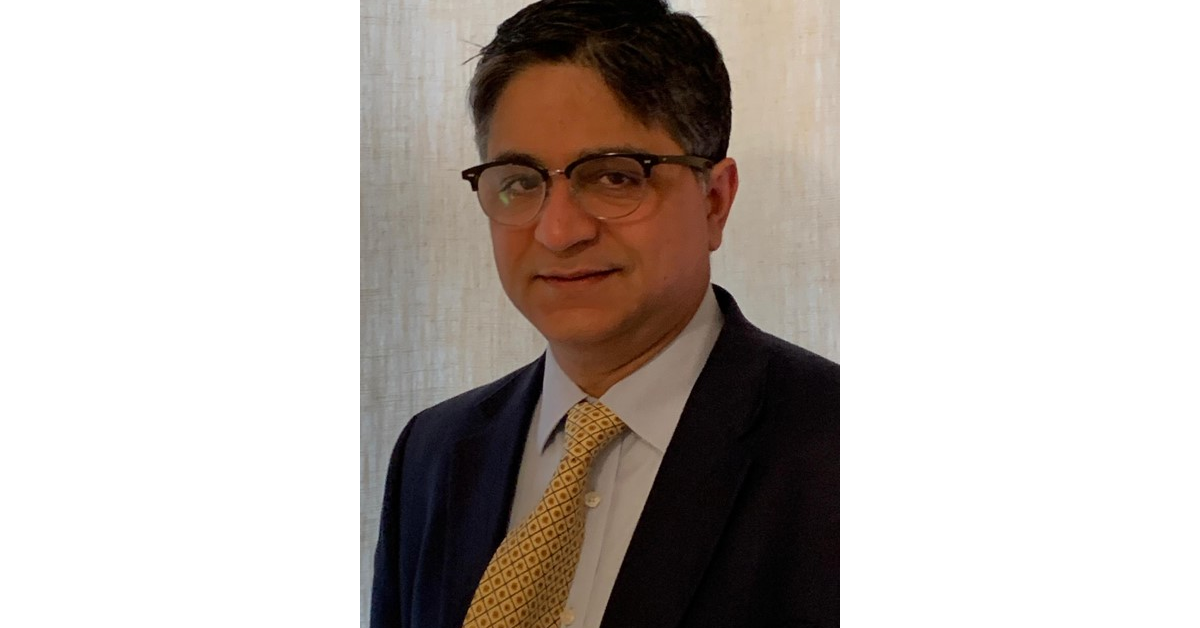
Professor Ranjit Manchanda is Professor of Gynaecological Oncology at the Wolfson Institute of Population Health, Queen Mary University of London, and Consultant Gynaecological Oncologist at Barts Health NHS Trust. His research focuses on the development of population-based approaches to genetic testing for risk stratification, cancer prevention and using targeted surgical approaches for cancer prevention in gynaecological cancers.
- When/where do you get your best research ideas?
When I get clear thinking time to myself, devoid of the pressure of deliverables that our lives are clogged with. For me, that’s generally when I am walking the dog or exercising.
- What’s the first thing you do you do after a grant rejection?
Try and look at the feedback constructively and take time to absorb it. It’s important to keep believing in yourself, the research and persevering. Regrettably, sometimes feedback is not constructive or helpful. However, a rejection does not necessarily mean the idea is poor or not sound, not good or that there is anything terribly wrong with the research. Awards are competitive and committees have only a finite amount of money and difficult decisions to make so it’s important to pick yourself up and start again.
- What is the best piece of advice (work or life) you’ve been given?
Always ask Why? Focus and persevere. Life is a marathon, not a sprint!
- How have you coped with lockdown? Has your work-life changed post covid?
COVID has been particularly difficult and challenging for clinical academics like me. There’s increasing pressure on the clinical side and on the academic side. Things like staff redeployment, sickness, loss of funding, need for mitigation, loss of staff and support, remote working, pausing of trials have all made the last year and a half difficult. I suppose I have muddled through it like most and developed strategies to tackle the challenges. We are all living a new normal and I think this will continue for a few years.
- If you could have a gigantic billboard anywhere with anything on it — metaphorically speaking, getting a message out to millions or billions — what would it say and why?
“We have the technology and ability to prevent thousands more cancers than we do today. Prevention is better than cure. Come forward and get tested to see if you are at increased risk for cancer.”
Chronic disease is the biggest drain on health system finances. Health systems may go bust in the future if we don’t get better at chronic disease (cancer being the second commonest cause) prevention. Breast, ovary, womb and bowel cancer cases are expected to rise globally by 25-50% over the next 20 years. We need to think big and think differently. Population testing to identify individuals at higher risk, and population risk stratification to provide better-targeted screening & preventive interventions offers a new paradigm to try and do this.
- What’s the next big thing in cancer prevention? What will be the game changers?
Population-based testing for risk prediction and stratification for better targeted and effective early diagnosis and preventive interventions of clinical utility.
- What is your favourite paper that you’ve published in the last 5 years?
It would have to be this paper on cost-effectiveness and impact of population-based panel genetic testing.
Share this Page

Leave a Reply